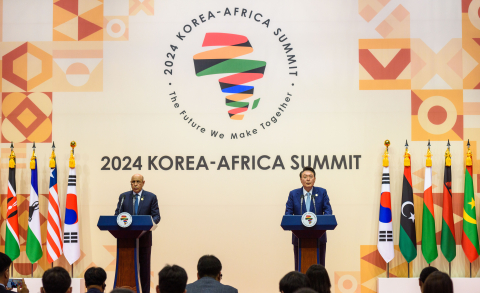3206 publications
La notion de partage capacitaire en question
In Europe and to a lesser extent in the rest of the world, the last decades have been characterized by two concomitant phenomena : the increasing cost of armament technology which has become always more sophisticated as well as the reduction in the strength of national armed forces and in their budget. In that context of restrictions, the implementation of armament programs in a strictly national framework appears to be more and more problematic. Resorting to co-operation and harmonizing the needs of the different armed forces turns out to be a "pressing necessity" or at least a pragmatic solution to many recurring difficulties.
Injecting More Differentiation in European Neighbourhood Policy: What Consequences for Ukraine?
The European Neighbourhood Policy (ENP) is at a crossroads. Over the course of France's EU Presidency the Union of the Mediterranean will be launched and the Polish-Swedish proposal for an "Eastern Partnership" will be elaborated upon. These initiatives challenge the ENP and cast doubt over the EU's ability to keep the southern and eastern neighbourhoods together under one roof. This paper argues that whilst the EU should maintain its "balanced approach" to its neighbourhood, it should at the same time develop more differentiation within ENP, which will strengthen the policy. To this end, the EU should recognise, more sincerely and practically, the European aspirations of the eastern neighbours by stating explicitly that ENP is not an end in itself, but rather a route to possible membership.










